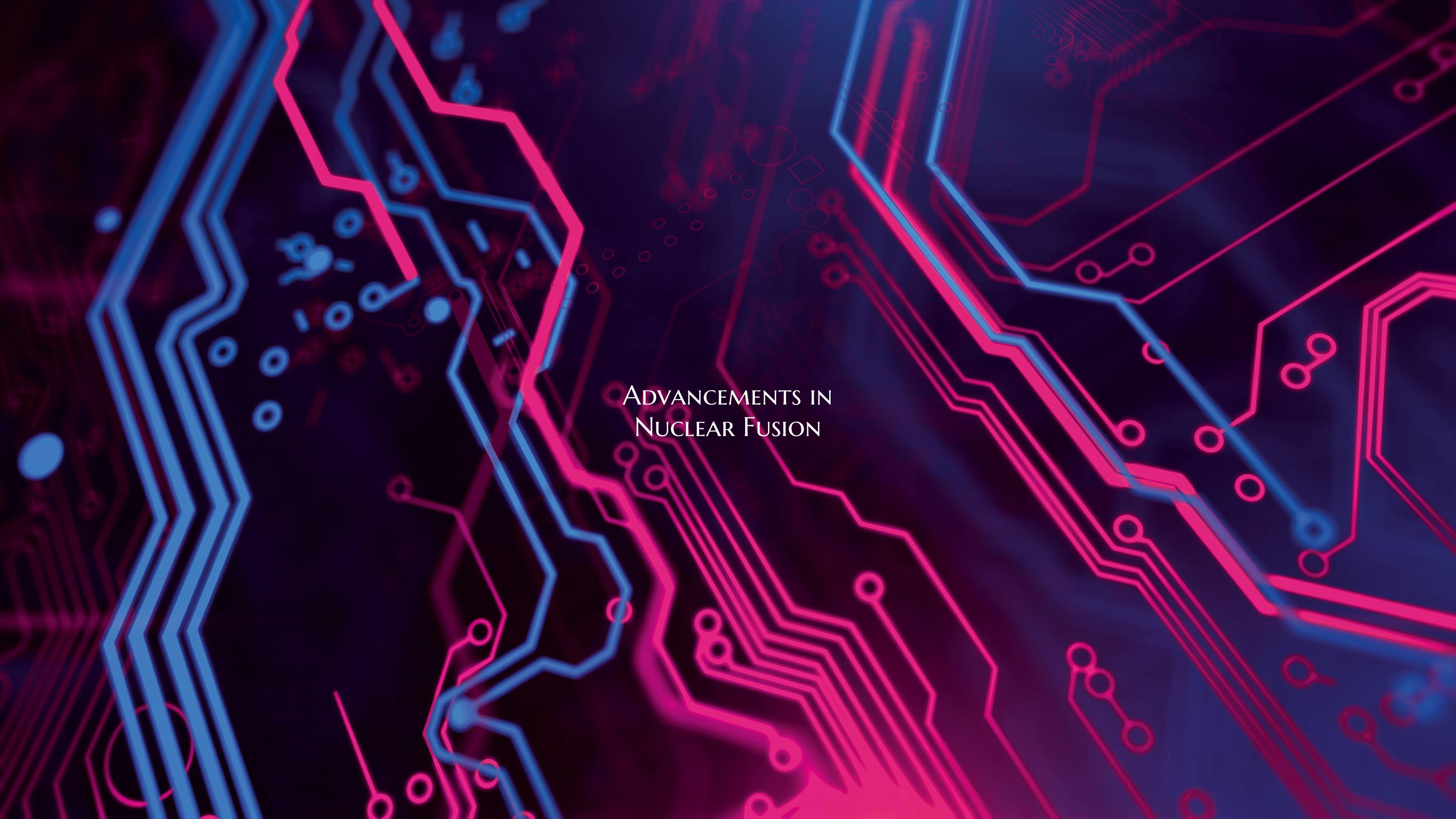Advancements in Nuclear Fusion
Nuclear fusion holds immense potential as a clean, efficient, and virtually limitless source of energy. In recent years, significant advancements have been made in the field of nuclear fusion, bringing us closer to harnessing this transformative energy source. Researchers and scientists worldwide are dedicated to overcoming the challenges associated with nuclear fusion and unlocking its promise for a sustainable future.
One of the key areas of progress in nuclear fusion is the development of advanced fusion reactors. Innovative designs such as tokamaks, stellarators, and inertial confinement reactors are being explored to achieve the conditions necessary for nuclear fusion to occur. These reactors aim to sustain the extreme temperatures and pressures required to fuse hydrogen isotopes, releasing energy in the process.
In addition to reactor designs, research into plasma physics and magnetic confinement techniques has contributed significantly to the advancement of nuclear fusion. By studying the behavior of plasma—the superheated gas that fuels fusion reactions—scientists are working to optimize confinement methods and improve the efficiency of fusion processes.
Furthermore, collaborations between countries and international organizations have accelerated progress in nuclear fusion research. Projects like the ITER (International Thermonuclear Experimental Reactor) demonstrate global cooperation in advancing fusion technology and pooling expertise to overcome scientific and engineering challenges.
Advancements in materials science and technology are also pivotal in the development of nuclear fusion. Scientists are exploring novel materials that can withstand the extreme conditions inside fusion reactors, such as high temperatures, intense radiation, and strong magnetic fields. These materials play a crucial role in ensuring the safety and longevity of fusion reactors.
Moreover, efforts to reduce the cost and scale of nuclear fusion are driving innovation in the field. By streamlining construction processes, improving energy efficiency, and enhancing plasma control techniques, researchers are striving to make fusion energy economically viable and scalable for widespread adoption.
As we continue to push the boundaries of nuclear fusion research, the prospect of achieving a sustainable and carbon-free energy future grows closer. The advancements in nuclear fusion hold the promise of providing clean and abundant energy for generations to come, paving the way for a greener and more sustainable world.

